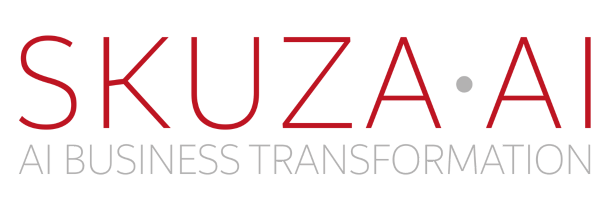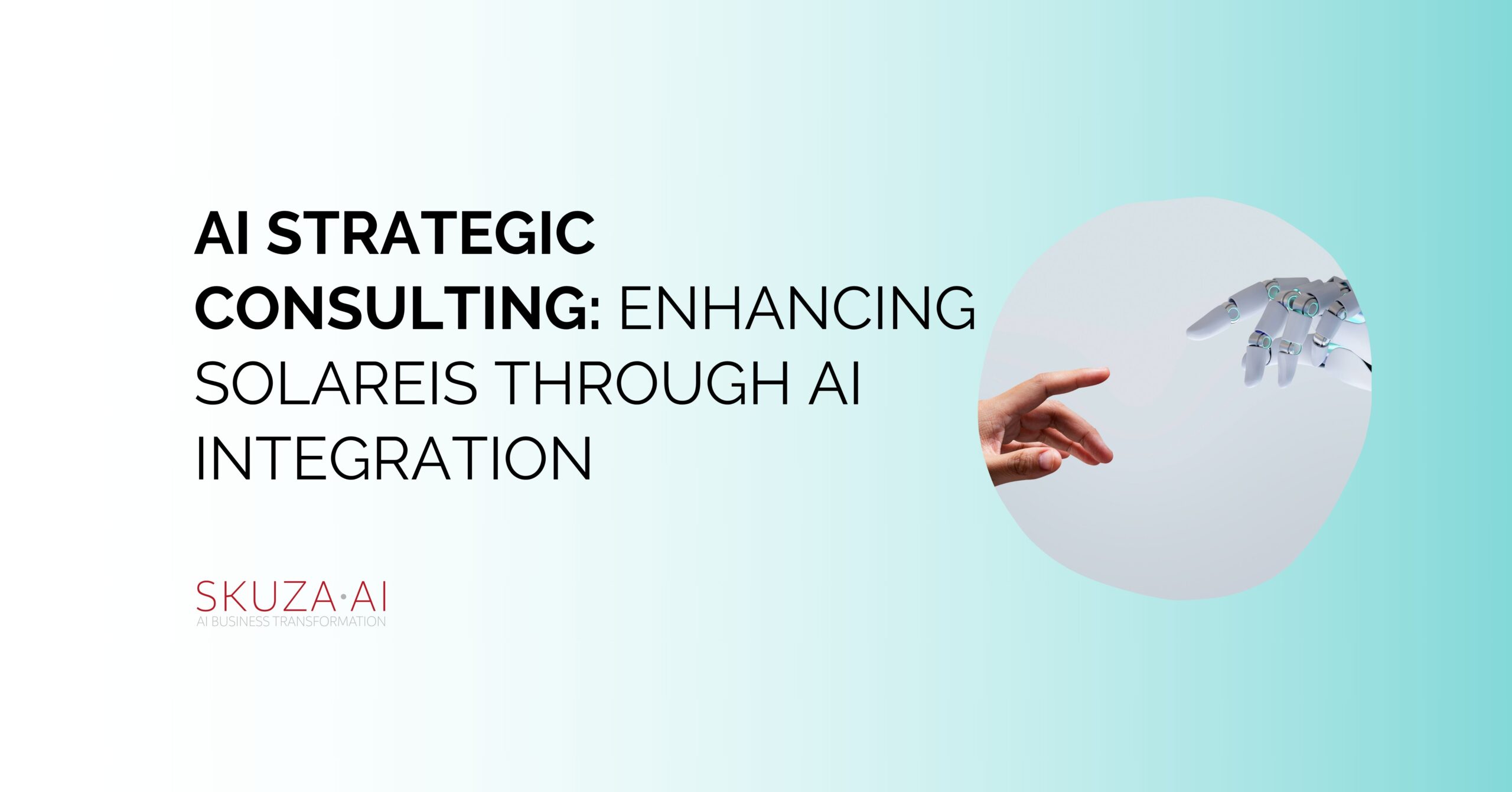In business, there is the saying that “churn is good.” This quote means that a certain amount of employee and customer turnover is healthy for the company. It shows that the company is growing, and new blood is coming in. But what about when churn becomes too much? That’s where churn management comes in.
Churn management is the process of keeping employee and customer turnover to a minimum so that the company can continue to grow steadily. There are many different ways to do this, but one of the most effective methods is through using artificial intelligence (AI) and cloud computing.
As seen in the graph below, spending on cloud infrastructure has been steadily rising over the past couple of years and is not expected to stop. Therefore, it is important to understand how businesses can leverage the power of cloud computing and AI to. This article will take a closer look at how these technologies can promote churn management.

Cloud Management
AI is revolutionizing cloud management. AI-powered cloud management tools are able to automate repetitive tasks, identify issues before they cause problems, and provide predictive insights that help organizations optimize their operations.
AI is also being used to improve churn management. By analyzing customer data, AI-powered cloud management tools can identify customers at risk of churning and take proactive steps to prevent them from leaving. As a result, AI is dramatically improving the efficiency and effectiveness of cloud management.
Companies like Amazon and Google are already using AI to manage their cloud operations, and the results have been impressive. Amazon has used AI to improve its forecasting accuracy by more than 50%, and Google has used AI to reduce the time it takes to detect and fix issues in its cloud infrastructure by over 90%. There are numerous ways that AI can be used to manage cloud operations within an organization. AI can be used to:
– Automate the provisioning and management of cloud resources
– Monitor and optimize cloud resource utilization
– Identify and fix problems in the cloud infrastructure
– Generate predictive insights about future cloud needs
– Improve customer support through chatbots and virtual assistants
Processing Data
AI is being used more and more in cloud computing, as it is able to process large sets of data quickly and effectively. AI can be used for tasks such as churn management, where it can identify patterns in customer behavior in order to reduce churn rates. It can also be used for data processing, where it can help to organize and structure data more effectively. AI is also being used to develop new cloud-based services and applications. For example, Apple CEO Tim Cook has said that AI will be a big part of the company’s future plans for iCloud.
A company called CloudMinds is using AI to develop a cloud-based platform that will provide artificial intelligence as a service. The platform will be used by developers to build applications that use machine learning and artificial intelligence to sift through large data sets.
Lowering Costs
AI is being used in cloud computing to lower costs in a number of ways. First, AI can help to identify and track patterns of resource usage, allowing providers to optimize their utilization of physical resources. This function can lead to significant reductions in both the direct costs of infrastructure and the indirect costs associated with power consumption, cooling, and other factors.
Second, AI can be used to automate tasks such as provisioning, monitoring, and troubleshooting. Automation can reduce the amount of time that IT staff need to spend on these activities, leading to further cost savings. Finally, AI can be used to improve the efficiency of data center operations, resulting in lower overall energy consumption and carbon emissions.
With the rise of AI and cloud computing in the early 2000s, the costs of storage decreased while the cost of global data availability increased. Therefore, companies now spend less on storage with the ability of cloud computing to store large data sets and organize them with AI.

Intelligent Automation
Organizations are using AI to automate a variety of tasks in cloud computing. Automation can reduce the amount of time that IT staff need to spend on activities such as provisioning, monitoring, and troubleshooting. Automation can also improve the efficiency of data center operations, resulting in lower overall energy consumption and carbon emissions.
One company that is using AI for cloud automation is HCL Technologies. HCL has developed a platform called Automated Cloud Orchestration (ACO), which uses artificial intelligence to automatically provision, monitor, and manage cloud resources. ACO is designed to help organizations reduce the amount of time and money they spend on managing their cloud infrastructure.
Drawbacks
Despite the various benefits of AI in cloud computing, there are also some drawbacks that should be considered. First, AI-powered cloud services require skilled labor to set up and maintain. This requirement can be a challenge for organizations that do not have the necessary expertise on staff.
Second, AI-based cloud services can be expensive. Organizations will need to weigh the costs and benefits of using AI in their cloud infrastructure before making a decision. Finally, AI can introduce security risks into the cloud environment if not used properly. Organizations should carefully consider these
Second, AI applications can place a strain on internet connectivity, as they often require large amounts of data to be transmitted between the user and the cloud provider.
Third, there can be issues with data privacy, as AI-powered cloud services often require access to large amounts of data. Organizations should be sure to carefully consider these risks before using AI in their cloud infrastructure.
Finally, there can be time lag issues associated with AI-powered cloud services, as it can take some time for artificial intelligence to learn and adapt to new data sets.
Conclusion
AI is playing an increasingly important role in cloud computing, with the potential to reduce costs, improve efficiency, and provide new and innovative services to manage churn. Even though there are various drawbacks that should be considered, such as the need for skilled labor and data privacy concerns, the benefits of AI in cloud computing can be influential for many businesses. As the technology continues to develop, it is likely that AI will have an even greater impact on cloud computing and churn management in the future.
References

